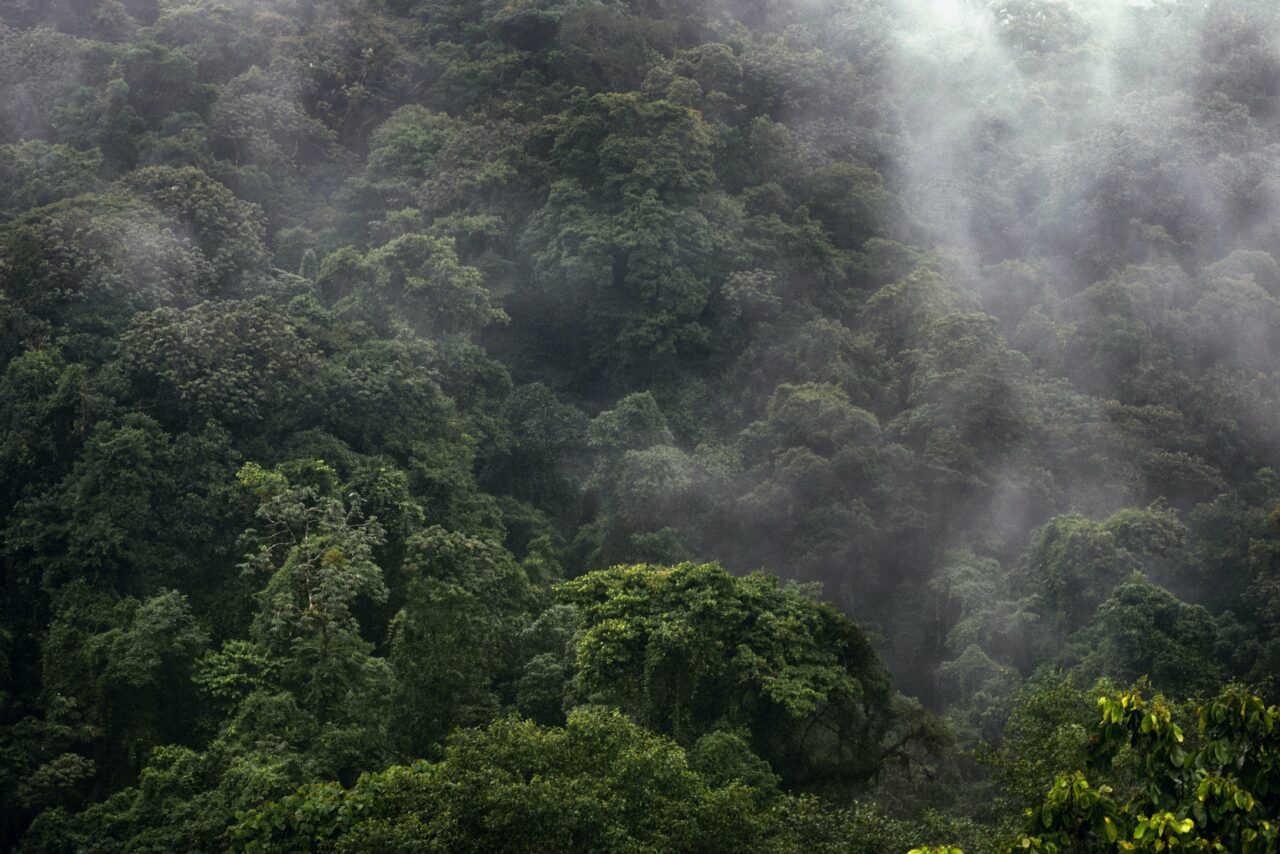The impact investor’s new sustainable forestry and agriculture blended finance fund builds on experience gained with an earlier land use fund, which has just made its final investments.

Mirova has launched its Mirova Sustainable Land Fund 2 (MSLF2), a blended finance vehicle to focus on sustainable land management, which aims to raise €350 million from public bodies and institutional investors.
The French-based impact investor, which is part of the Natixis Group, also announced the final investments from its existing Land Degradation Neutrality (LDN) fund, another blended finance vehicle, which had raised $208m (€190m) from public institutions and private investors at its close in 2021.
Mirova said the new MSFL2 fund aims to build on experience gained with the LDN Fund to support agroforestry, sustainable forestry, and regenerative agriculture projects in developing countries. The fund seeks to support the transition and decarbonisation of agricultural and forestry value chains, while also generating financial returns. It aims to achieve impact in terms of climate change adaptation and mitigation, biodiversity preservation and social inclusion, particularly for women.
By combining public and private capital in MSLF2, Mirova hopes the commitment of public funds will reduce risk for private investors sufficiently to encourage the mobilisation of more capital for sustainable land management and the preservation of natural capital. MSLF2 will operate mainly through debt financing, as did the LDN fund.
Gautier Quéru, Mirova’s head of natural capital, said the fund targeted investors that must now work against the backdrop of an international regulatory framework, which is leading companies to take greater account of their impact on the climate and on nature.
“This new fund dedicated to the restoration and protection of terrestrial ecosystems should enable investors to embrace the strong trend aimed at transforming the value chains most dependent on nature while targeting a financial return by drawing on Mirova’s proven experience in this area,” he said.
Land degradation fund investments
Meanwhile, Mirova completed the deployment of the LDN fund via three final investments.
It made a $9.3 million investment in Koa, a Swiss-Ghanaian sustainable cocoa enterprise, that provides local producers with additional income and reduces food waste by expanding the number of products that can be derived from the cocoa crop.
A further $8.5m was invested in Pamoja, a Swiss-based sustainable macadamia nut producer operating in Kenya and Tanzania. Lastly, $6.5m was invested Terrasos, company that conserves and preserves nature using “habitat banks”, which generate biodiversity offset credits. The fund was co-promoted with the United Nations Convention to Combat Desertification (UNCCD).
Mirova is active across a number of sustainability sectors. Earlier this year, it announced a $171m (€159m) first close for its Mirova Gigaton Fund, a blended finance debt fund targeting energy transition investments in the developing world. The firm also said in September it had led a €25m Series A funding round in Berlin-based Nuventura, which develops more environmentally friendly technology for electric power systems.






